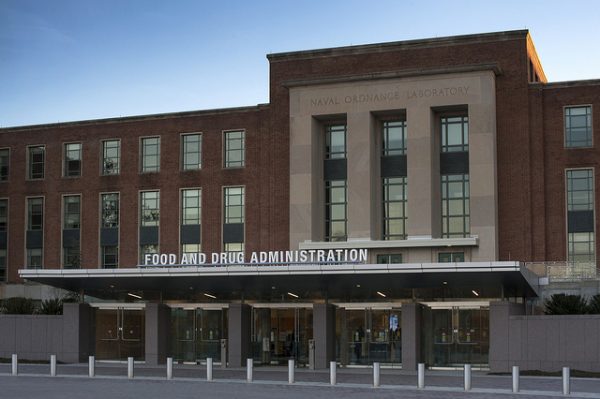
A drug already approved for a form of sarcoma that affects the digestive system has also shown efficacy in a rare type of blood cancer.
Cambridge, Massachusetts-based Blueprint Medicines said Tuesday that topline results of the Phase I EXPLORER and Phase II PATHFINDER trials of Ayvakit (avapritinib) showed efficacy in patients with advanced systemic mastocytosis, a blood disorder estimated to affect one-in-10,000 to 20,000 people worldwide. A minority of patients have the advanced forms of the disease, which include subtypes like aggressive SM, SM with associated hematologic neoplasm (SM-AHN) and mast cell leukemia, or MCL – not to be confused with mantle cell lymphoma, which has the same acronym.
Shares of Blueprint (Nasdaq: BPMC) rose 9.7% on the Nasdaq when markets opened Tuesday, from $77.40 each to $84.93, and were up to $91.30 Wednesday morning. The company said it plans to apply for approval of the drug in advanced SM in the fourth quarter of this year.
Data from EXPLORER showed a 76% overall response rate in 53 patients, including 36% with a complete response with or without full blood count recovery, and a median duration of response of 38.3 months. The median overall survival was not estimable. In PATHFINDER, the overall response rate was 75% among 32 patients, including 19% who had a complete response with or without blood count recovery.
“New treatment options are urgently needed to address mast cell infiltration associated with advanced systemic mastocytosis, which often leads to extensive organ damage and poor survival despite existing therapeutic interventions,” Blueprint Chief Medical Officer Andy Boral said in a statement. “These top-line data underscore the transformative impact shown by Ayvakit, with patients achieving profound reductions in mast cell burden, durable responses that deepen over time and prolonged overall survival relative to historical outcomes.”
Ayvakit is an inhibitor of D816V KIT, and the company noted there is no such drug approved for SM. However, Novartis’ Rydapt (midostaurin), a multi-kinase inhibitor, has been approved for advanced SM for several years. PATHFINDER was a single-arm study, but its primary endpoint was overall response rate versus that which has been previously reported for Rydapt.

A Deep-dive Into Specialty Pharma
A specialty drug is a class of prescription medications used to treat complex, chronic or rare medical conditions. Although this classification was originally intended to define the treatment of rare, also termed “orphan” diseases, affecting fewer than 200,000 people in the US, more recently, specialty drugs have emerged as the cornerstone of treatment for chronic and complex diseases such as cancer, autoimmune conditions, diabetes, hepatitis C, and HIV/AIDS.
Photo: FDA, Flickr (free of copyright protection)












